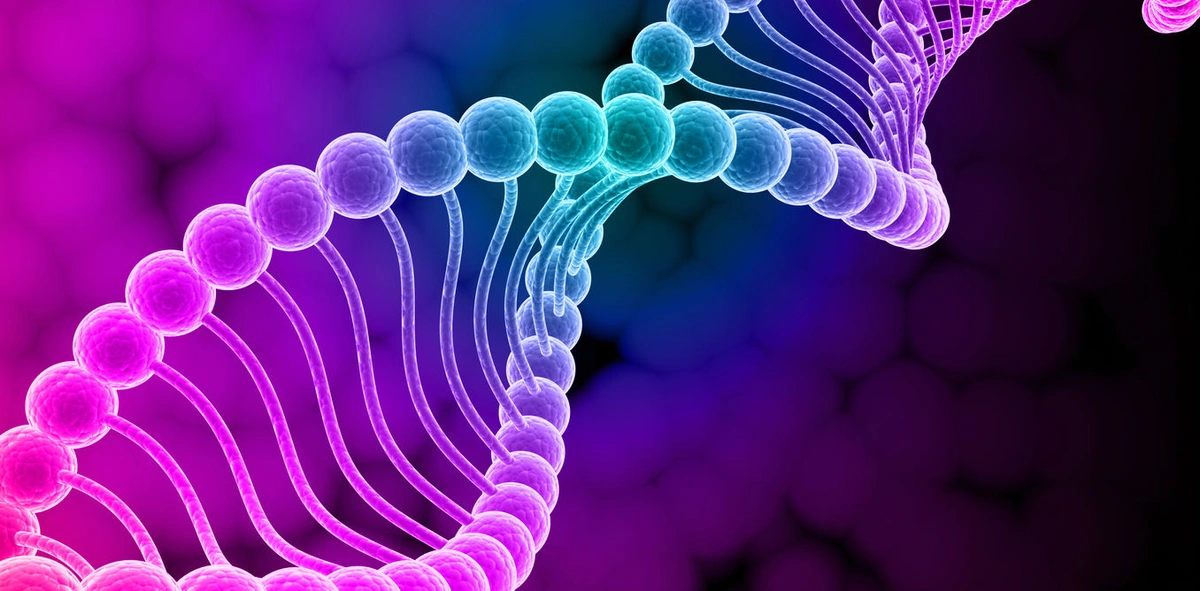
How Much of a Role Do Genes and Family History Play in Fertility?
Can you blame your parents if you’re having trouble getting pregnant?
The short answer is probably not. Your family history is not the biggest factor—or even one of the biggest factors—that affects your fertility.
The American College of Obstetricians and Gynecologists (ACOG) defines infertility as the inability to conceive after one year of unprotected sexual intercourse. However, that definition is limited because it only applies to women under 35. If you’re a woman over 35 and haven’t gottent pregnant within six months of trying, it’s time to consult a reproductive endocrinologist. A reproductive endocrinologist can help you determine the possible causes of infertility
A number of factors can and do contribute to infertility. In women, a common cause is an ovulation (release of the egg) disorder. Polycystic ovarian syndrome (PCOS) is a common cause of not ovulating . Family history can play a role in PCOS. PCOS can impede a woman’s ability to conceive, and it does tend to run in families. So if your mom had PCOS, you may be more likely to have PCOS. And it could be playing a role in your ability to conceive.
The American Society for Reproductive Medicine (ASRM) suggests infertility could also be the result of other problems with the reproductive organs, such as a blocked fallopian tubes that may be due to endometriosis [when tissue similar to the inside lining of the uterus (womb) is outside the uterus] or pelvic infections. Uterine fibroids (growths of the muscle of the uterus) can also be a culprit. Both endometriosis and uterine fibroids can run in families.
For women, age is another big contributing factor. The likelihood that a woman will become pregnant during any particular menstrual cycle begins to decline when she’s in her early 30s. As she ages, the number her eggs decline.In addition, the number of abnormal eggs increases, which also increases the risk of miscarriage and Down syndrome. The number of eggs is related to age of menopause which also runs in families. There are particular genetic disorders such as fragile X that are associated with early loss of eggs. There is often a family history of developmental delay in males.
In men, the amount or health of the sperm are the most likely culprits for infertility. Men can carry genetic disorders such as loss of part of the Y chromosome or extra chromosomes as a cause of low sperm counts. These disorders can be passed on to their offspring.
Unfortunately, experts don’t know what causes infertility in about 20% of women. Family history probably only plays a small role in a woman’s ability to conceive.
The bottom line: if you’ve been trying unsuccessfully for a number of months to get pregnant, it may be time to see an expert. Your care provider can assess you for a number of medical conditions that may be the root of your inability to conceive and provide options for how to proceed. It is helpful to let you provider know about your family history,including PCOS, endometriosis, fibroids, early menopause, developmental delay in males and low sperm counts.
You and your partner can also undergo screening to assess your risk of passing down a genetic condition to your future offspring. While a family history of many genetic conditions may not interfere with your ability to get pregnant or carry a pregnancy to term, you may still want to have that knowledge. Genetic counseling can give you a clearer picture.

